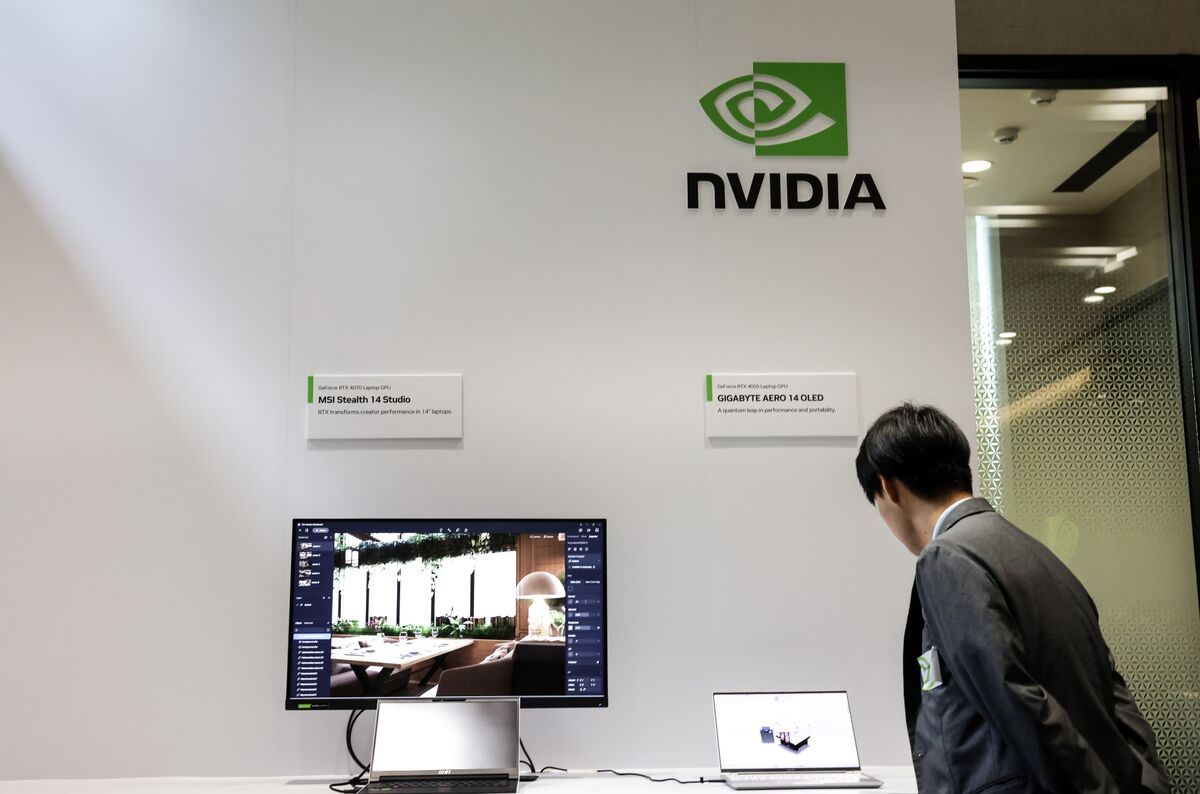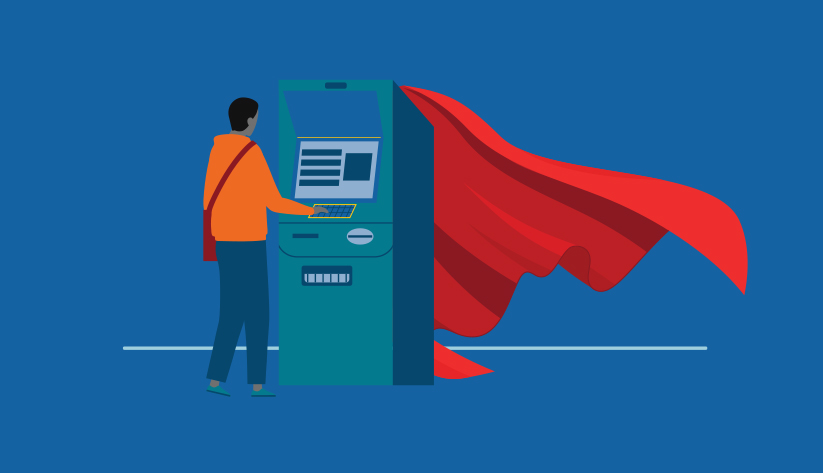Is Joe Biden To Blame For The Slowing Economy? A Critical Analysis

Table of Contents
Inflation and its Impact on the Economy
High inflation significantly impacts consumer spending and overall economic growth, acting as a major headwind for the slowing economy. The consumer price index (CPI) is a key indicator used to measure inflation. Analyzing the current inflation rate against historical trends reveals a substantial increase, impacting purchasing power and consumer confidence. This surge in inflation isn't solely attributable to any single cause. Several factors contribute, including:
-
Supply chain disruptions: The pandemic exposed vulnerabilities in global supply chains, leading to shortages and price increases for various goods. This contributed significantly to the rise in inflation, impacting everything from fuel prices to the cost of everyday necessities.
-
Global events: Geopolitical instability, particularly the war in Ukraine, has exacerbated existing supply chain issues and driven up energy prices, further fueling inflation. This external shock has ripple effects throughout the global economy, impacting the US disproportionately.
-
Government spending: While stimulating economic growth, substantial government spending can contribute to inflationary pressures. The debate centers around whether the scale of spending under the Biden administration has exacerbated existing inflationary trends.
-
The Federal Reserve's response: The Federal Reserve (the Fed) has responded to rising inflation by increasing interest rates. This monetary policy aims to cool down the economy and curb inflation, but it also risks slowing economic growth and potentially triggering a recession. The effectiveness of the Fed's actions remains a subject of ongoing discussion and analysis within the context of the slowing economy.
The Impact of Biden's Economic Policies
President Biden's economic policies, including the American Rescue Plan and proposed infrastructure investments, have been at the center of the debate surrounding the slowing economy. Critics argue these policies fueled inflation through increased government spending. Supporters counter that these measures were necessary to mitigate the economic fallout from the pandemic and invest in long-term growth. Let's analyze:
-
American Rescue Plan: This massive stimulus package aimed to provide economic relief and support during the pandemic. While it undoubtedly prevented a deeper economic crisis, its contribution to inflation is a point of contention.
-
Build Back Better Plan: While not fully implemented, the proposed Build Back Better plan included significant investments in social programs and climate change initiatives. Had it passed, its impact on the economy—both positive and negative—would have been substantial, potentially further influencing the slowing economy.
-
Infrastructure spending: Increased infrastructure investment is generally seen as a positive for long-term economic growth. However, the timing and scale of such investments can influence inflation and the pace of economic recovery in the short term.
-
Tax policies: Biden's tax policies, aimed at increasing taxes on corporations and high-income earners, could have varying effects on economic growth. Some argue they could curb investment, while others believe they promote fairer distribution of wealth.
Global Factors Influencing the US Economy
It’s crucial to acknowledge that the US economy is deeply intertwined with the global economy. Several global factors beyond the President's control have significantly influenced the current economic slowdown:
-
The Russia-Ukraine war: This conflict has disrupted global energy markets, leading to soaring energy prices and contributing significantly to global inflation, impacting the US economy directly.
-
Supply chain disruptions: Global supply chain issues persist, exacerbated by the pandemic and geopolitical events. These disruptions continue to constrain production and contribute to higher prices for consumers.
-
Global inflation: Inflation is a global phenomenon, not limited to the US. High inflation in other countries impacts US trade and investment, further adding pressure to the slowing economy. The interconnectedness of global markets makes it challenging to isolate the impact of domestic policies.
Alternative Perspectives and Counterarguments
Attributing the slowing economy solely to President Biden's policies is an oversimplification. Several alternative perspectives and counterarguments exist:
-
Economists who disagree: Many economists argue that the current economic slowdown is primarily driven by global factors and pre-existing trends, rather than solely Biden's policies. They point to the unprecedented nature of the pandemic and global supply chain shocks.
-
Differing economic models: Different economic models yield varying predictions and interpretations of the current situation. The complexity of economic systems makes definitive causal attributions difficult.
-
Unforeseen external factors: The economic outlook is subject to continual shifts and unforeseen events. These external factors can significantly influence economic data and predictions.
Conclusion
This analysis has explored the complex interplay of factors influencing the current economic slowdown in the US, examining President Biden's policies alongside global events and economic indicators. While some argue that his policies have contributed to the challenges, others point to external forces as the primary drivers. Ultimately, attributing sole responsibility for the slowing economy to any single factor, including President Biden's policies, is an oversimplification. The question of whether Joe Biden is to blame for the slowing economy requires ongoing analysis and consideration of all contributing factors. Further research into economic indicators and policy effectiveness is crucial for a comprehensive understanding of the current economic climate and future economic planning. Continue to follow developments in the US economy and engage in informed discussions on the impacts of economic policies on the lives of American citizens.

Featured Posts
-
 Nvidia Ceos Plea To Trump Revise Ai Chip Export Rules
May 02, 2025
Nvidia Ceos Plea To Trump Revise Ai Chip Export Rules
May 02, 2025 -
 Shrimp Ramen Stir Fry Flavorful And Fun Weeknight Dinner
May 02, 2025
Shrimp Ramen Stir Fry Flavorful And Fun Weeknight Dinner
May 02, 2025 -
 Six Nations France Sends Ireland A Message With Convincing Italy Win
May 02, 2025
Six Nations France Sends Ireland A Message With Convincing Italy Win
May 02, 2025 -
 Exploring This Country Culture History And Travel
May 02, 2025
Exploring This Country Culture History And Travel
May 02, 2025 -
 Fortnite Understanding The Reasons Behind Recent Game Mode Closures
May 02, 2025
Fortnite Understanding The Reasons Behind Recent Game Mode Closures
May 02, 2025
